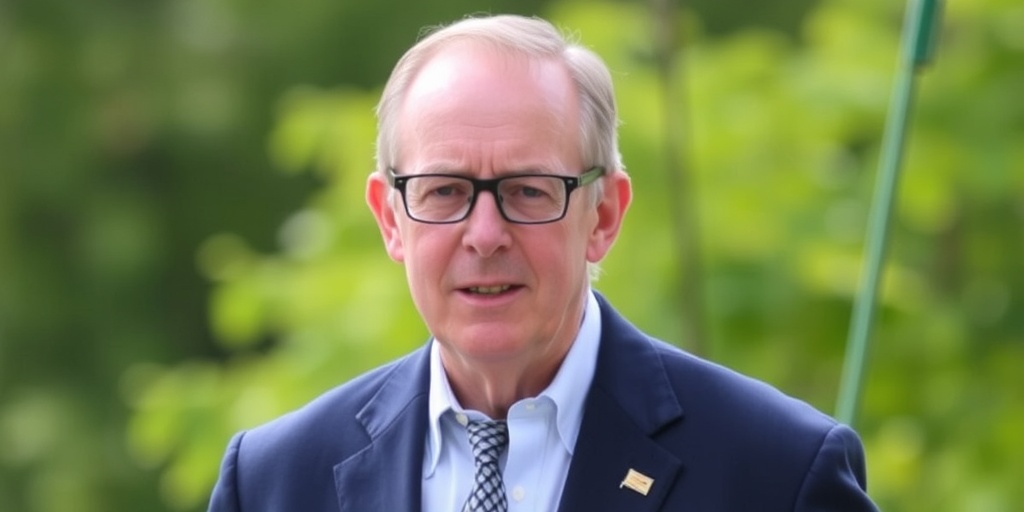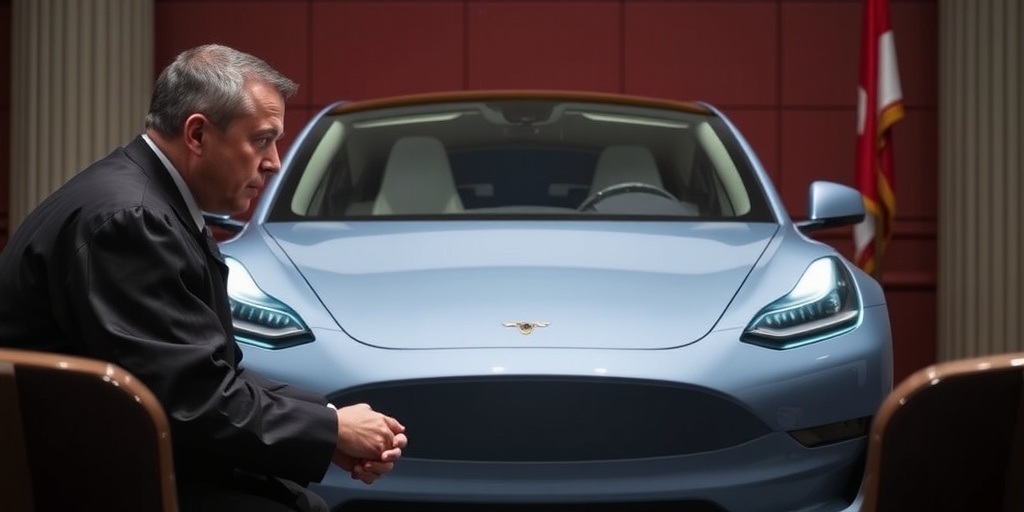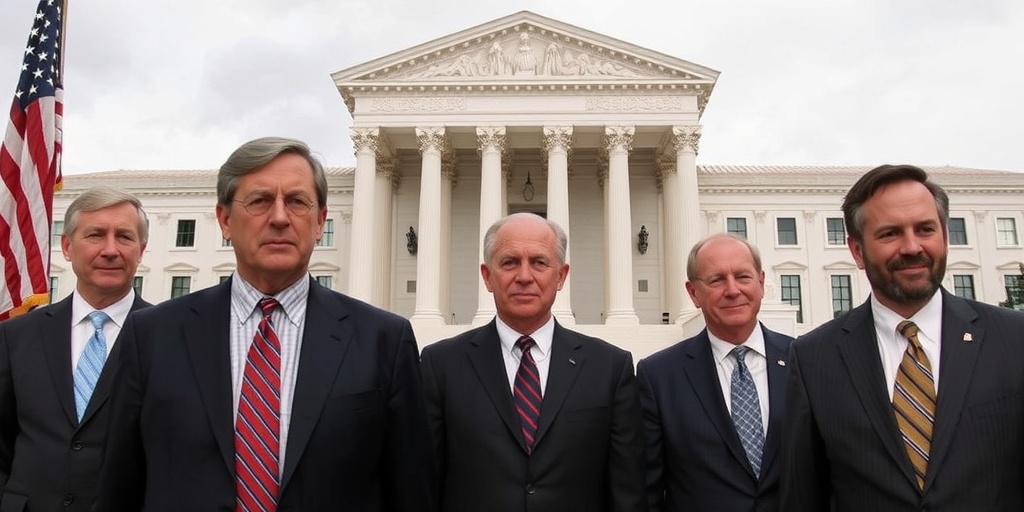Now Reading: Doug Collins, Key Figure in Trump Impeachment, Faces Senate as V.A. Nominee
-
01
Doug Collins, Key Figure in Trump Impeachment, Faces Senate as V.A. Nominee
Doug Collins, Key Figure in Trump Impeachment, Faces Senate as V.A. Nominee

Doug Collins Set to Testify in Confirmation Hearing for Veterans Affairs Secretary
Former Representative Doug Collins is gearing up to testify in a confirmation hearing this Tuesday morning, following his appointment by former President Donald Trump to lead the Veterans Affairs Department. As a Navy veteran and chaplain in the Air Force Reserve, Collins has a unique background, having previously defended Trump during his first impeachment investigation.
The Senate Veterans’ Affairs Committee will host Mr. Collins as he becomes the first potential cabinet member to undergo confirmation hearings following Trump’s return to the presidency. The hearing was delayed by a week due to an incomplete FBI background check, raising questions about the scrutiny surrounding cabinet appointments.
Collins aligns with Trump’s approach to cabinet selection, which has been characterized by prioritizing personal loyalty. His appointment reflects Trump’s broader strategy of appointing loyalists to key positions within the administration. Much like Trump’s nomination of Pete Hegseth to oversee the Defense Department, Collins’ selection signifies the importance of loyalty in Trump’s personnel decisions.
Historically, nominees for the Veterans Affairs Department have been individuals with extensive military experience or significant roles in either the Defense Department or the Veterans Affairs Department itself. However, Collins’ selection diverges from this norm. Previously, V.A. secretaries have typically demonstrated deep involvement with military personnel issues, often having served on relevant congressional committees. In Collins’ case, he did not serve on the Veterans Affairs or Armed Services Committees during his tenure in the House of Representatives, making his appointment somewhat unusual.
Dr. David Shulkin, the former V.A. secretary who served during Trump’s first term, pointed out that Collins will likely face a series of complex challenges in the department, largely similar to those his predecessor, Denis McDonough, grappled with. Shulkin emphasized that systemic issues within the V.A. are longstanding problems that change little over time.
One crucial area Collins will need to address is the issue of veteran suicides. A recent report indicated that over 6,400 veterans died by suicide in 2022, underscoring the pressing health care needs faced by the veteran population. While this figure marked a decline from previous years, it still reflects a significant and ongoing challenge.
Furthermore, Collins will need to evaluate the effects of Biden administration policies, particularly those relating to veterans’ access to abortion services in specific circumstances. The potential for reversing such policies could draw significant attention during his confirmation hearings, as these issues are often divisive.
Additionally, Collins will inherit a precarious financial situation within the V.A. department, one exacerbated by a budget deficit that has hindered hiring processes. This situation complicates the ability of the department to adequately serve over 900,000 veterans who recently became eligible for care due to legislation signed by Biden, which expanded benefits for those exposed to toxic environments during military service.
Collins’ leadership will not only be tested by these pressing matters but also by the legacy of V.A. facilities needing modernization. The accommodations and equipment used to serve the country’s veterans are often outdated, necessitating urgent attention from new leadership.
As the hearing progresses, Collins is expected to be questioned about the direction of veterans’ health care, particularly the ongoing trend of allowing veterans to seek care outside the V.A. system. Critics argue that such practices could compromise the integrity of the V.A. and may lead to a system resembling an insurance company rather than a dedicated health care provider.
Joe Plenzler, a retired Marine Corps officer and veteran advocate, expressed concerns about the current trajectory of veterans’ care, suggesting that moving towards privatization might not serve the interests of those who have served in the military. He noted that studies show veterans often report higher satisfaction with the care received through the V.A. compared to private medical facilities.
Collins’ confirmation hearing will be closely watched, as it will not only assess his qualifications but also set the tone for veterans’ policy under a second Trump administration. As he prepares to step into this role, his responses to these challenging questions will likely impact the future of the Veterans Affairs Department and its ability to effectively serve American veterans. The complexities of this role, compounded by contentious political dynamics, ensure that Collins will face significant challenges as he seeks to fulfill his responsibilities to those who have served the nation.
Stay Informed With the Latest & Most Important News
Previous Post
Next Post
-
 01New technology breakthrough has everyone talking right now
01New technology breakthrough has everyone talking right now -
 02Unbelievable life hack everyone needs to try today
02Unbelievable life hack everyone needs to try today -
 03Fascinating discovery found buried deep beneath the ocean
03Fascinating discovery found buried deep beneath the ocean -
 04Man invents genius device that solves everyday problems
04Man invents genius device that solves everyday problems -
 05Shocking discovery that changes what we know forever
05Shocking discovery that changes what we know forever -
 06Internet goes wild over celebrity’s unexpected fashion choice
06Internet goes wild over celebrity’s unexpected fashion choice -
 07Rare animal sighting stuns scientists and wildlife lovers
07Rare animal sighting stuns scientists and wildlife lovers





















